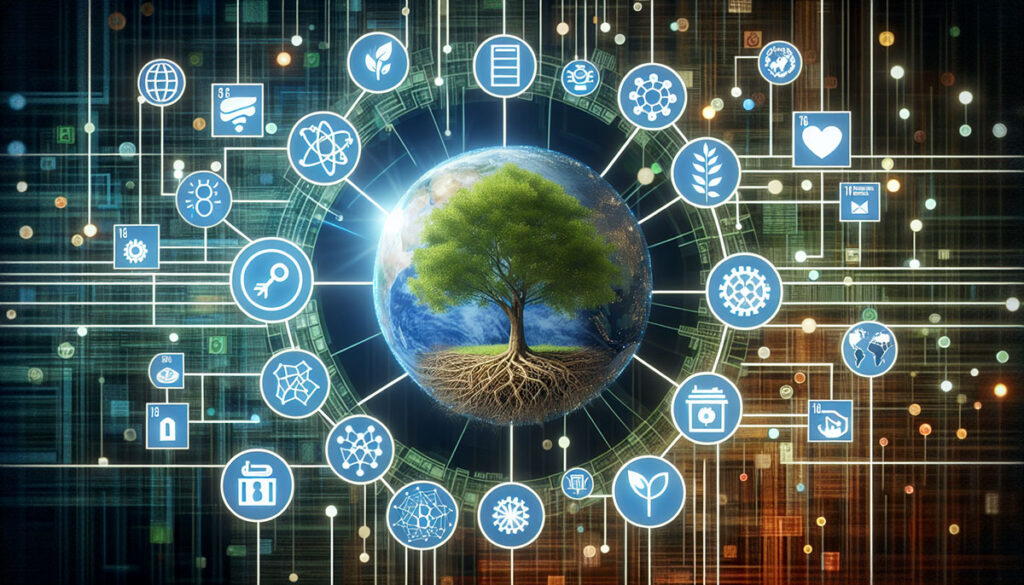
The harnessing of blockchain technologies, to contribute to development priorities in countries and the achievement of the Sustainable Development Goals, is discussed in this note. The potential of blockchain technology for sustainable development is illustrated, demonstrating how its use might revolutionize processes in various areas, from finance to trade and from government public services to humanitarian work and development aid.
In addition, an analysis is provided of some forward-looking scenarios, to explore how blockchain technology might evolve and the impacts on sustainable development.
The combination of blockchain and industry 4.0 technologies may present windows of opportunity for some countries to catch up and others to forge ahead. Developing countries need to strengthen innovation systems to guide blockchain technology innovation towards inclusive and sustainable applications and strategically position themselves to benefit from this new wave of technological change.
The international community can play an active role in supporting national efforts in capturing opportunities through the sharing of knowledge and experience, the development of common standards and regulations and capacity-building in engaging with blockchain innovation.
Since their introduction, blockchain technologies have increased in technical sophistication; the number of use cases has expanded and user awareness has grown. Some Governments have been exploring the use of blockchain technology in pilot projects, while many have not yet considered the unique features and advantages of blockchain over traditional database systems.
Blockchain is commonly associated with cryptocurrencies, yet its use could revolutionize processes in various areas, from finance to trade and from government public services to humanitarian work and development aid, with the potential to accelerate progress towards achieving the Sustainable Development Goals.
However, there are several challenges to the realization of its full potential, including issues associated with scalability, privacy concerns, uncertain regulatory standards and difficulties posed by the integration of blockchain technology into existing applications.
In this note, blockchain technology and its key features are explained, highlighting how the technology might contribute to achieving the Goals. Challenges faced by developing countries in the application of blockchain technology are highlighted, along with solutions to building capacities for blockchain innovation according to the level of development of a country. Finally, potential areas for international collaboration, to harness blockchain technology for inclusive and sustainable development, are addressed.
Earlier documents:
- UNCTAD, 2021. Harnessing Blockchain for Sustainable Development: Prospects and Challanges [link]
Source: UNCTAD secretariat
